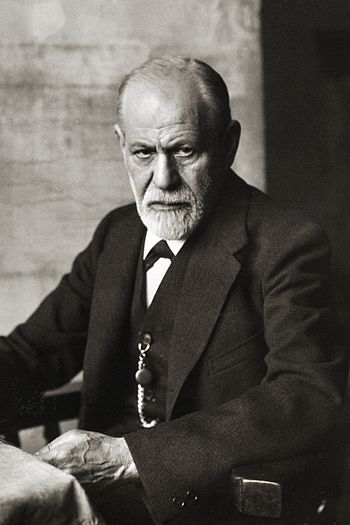
[Observant readers will recall that we tackled this subject once before in When Is Paul’s Silence Golden?]
Ad hoc soup
The standard historicist response to the question of Paul’s silence on the historical Jesus relies heavily on Freudian Kettle Logic — to wit, “(1) Paul did mention Jesus quite a bit; (2) We shouldn’t be surprised that Paul didn’t mention Jesus very much at all, for the following ad hoc reasons; (3) You’re an idiot for bringing it up.”
The different ad hoc reasons given for Paul’s silence vary over time. And it’s hard to justify spending too much time refuting them, because they’re functionally equivalent to yelling “Squirrel!” in the middle of a sentence. Perhaps it’s because of the honor/shame society Paul and Jesus lived in. Maybe Paul was an egomaniac. Maybe . . . Squirrel!
Say what you will, but at least there’s plenty of variety. If you don’t feel like hopping on the current ad hoc bus, stay put; another one is coming in 15 minutes. Quote miners in the Apologia Mountains are working ’round the clock to serve you. Pardon the mixed metaphors.
A cave-in down in the quote mine
While reading Maurice Casey’s new book, Jesus: Evidence and Argument or Mythicist Myths?, I was dismayed (but not surprised) to find that he’s still using that tired old Context Canard to explain Paul’s silence on the historical Jesus. His preferred ad hoc rescue for Paul’s silence has to do with cultural context, as described in Edward Hall’s Beyond Culture. Apologists argue that the people of the Ancient Near East (including, apparently, Asia Minor and the entire Mediterranean basin) lived in a high context culture.
What does that mean? On the high end of the Hall scale people use implicit language to express themselves. Body language, gestures, facial expressions, shared cultural memory and subtexts, along with other nonverbal modes of communication provide the full range of expression that outsiders will often miss. On the low end, people use explicit language to express themselves. They will often repeat themselves, just to be clear. They do not rely as much, if at all, on nonverbal cues or cultural subtext.
Casey argues:

